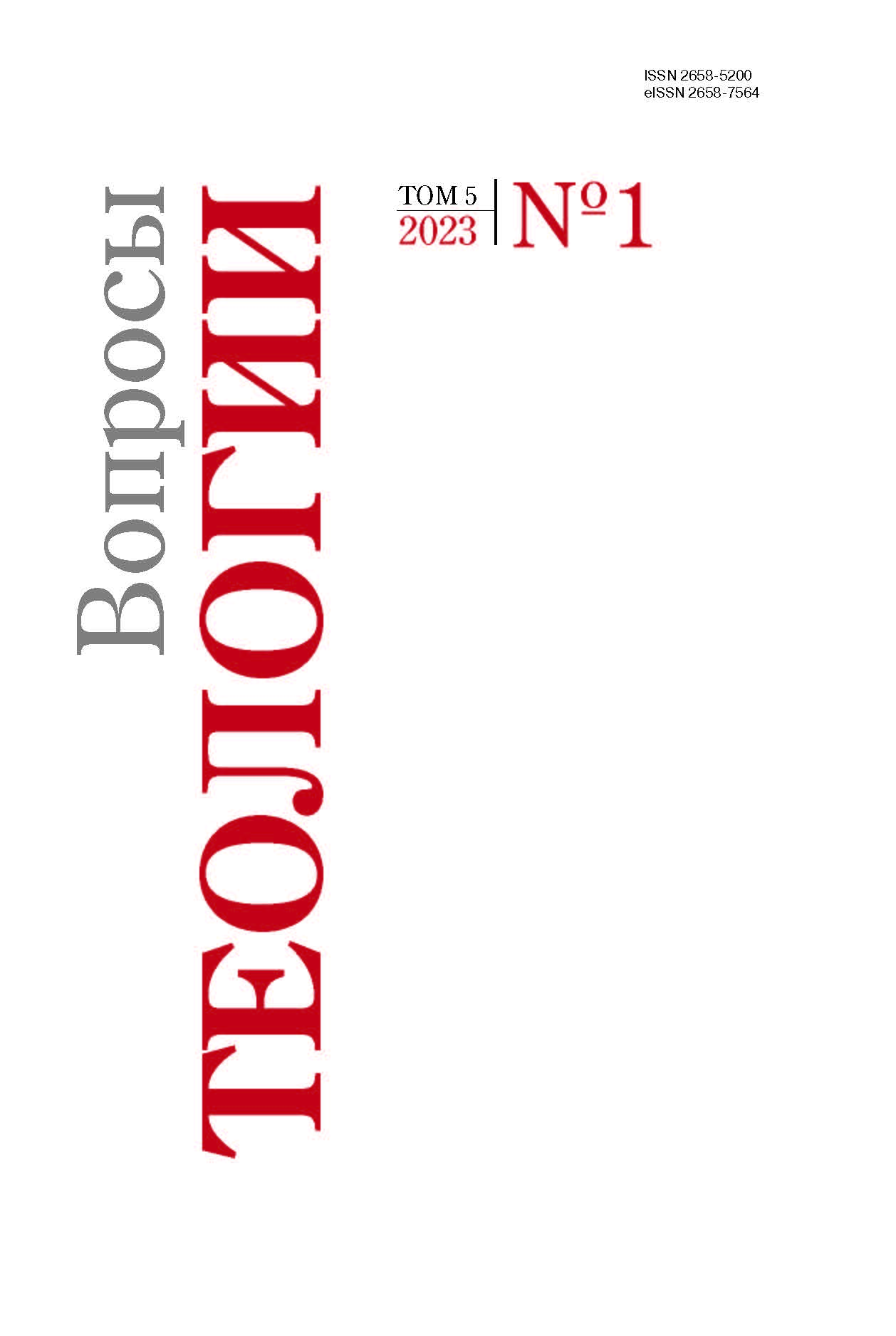On the category of “secular” in Justinian’s Novels (on the example of concepts λαϊκός, ἰδιώτης, κοσμικός)
DOI:
https://doi.org/10.21638/spbu28.2023.105Abstract
The purpose of this article is to identify, which of the original connotations in the authentic Greek text of Justinian’s Novels (VI century) contained the categories, for which the researchers would use the term “secular” in order to understand and translate into modern Russian and English languages, in the extent that this translation analogy is justified. The research is performed using the method of analyzing the expressions, which are close in meaning to the concepts of “secular”, “non-church”, “non-religious”, based on the original Greek text of the Collection of 168 Novels (stereotype edition by Schoell and Kroll, 1912) and their dictionary interpretations. The analysis included the comparison of the ways these expressions were used in different parts of the original Greek text of Justinian’s Novels, as well as their comparison with historical Latin translations and the modern translation into Russian and English. The article analyzes the semantic connotations of the concepts of λαϊκός, ἰδιώτης, κοσμικός, and related expressions κοσμικός βίος, κοσμικὴ διαγωγὴ and ἰδιωτικὴ διαγωγὴ. The author concludes that these concepts in Justinian’s Novels were not legally special. They also designated (or constructed) neither special area of “secular” nor a special social group of “laity”, but they were used apophatically to explain and emphasize the special status of the clergy and the church institution. The more precise meaning of λαϊκός, ἰδιώτης, κοσμικός is the state and pastime of persons, who did not hold any positions, including those at the church.
Keywords:
Justinian’s Novels, secular, laymen, Church, law
Downloads
References
References
Downloads
Published
Issue
Section
License
Articles of "Issues of Theology" are open access distributed under the terms of the License Agreement with Saint Petersburg State University, which permits to the authors unrestricted distribution and self-archiving free of charge.




